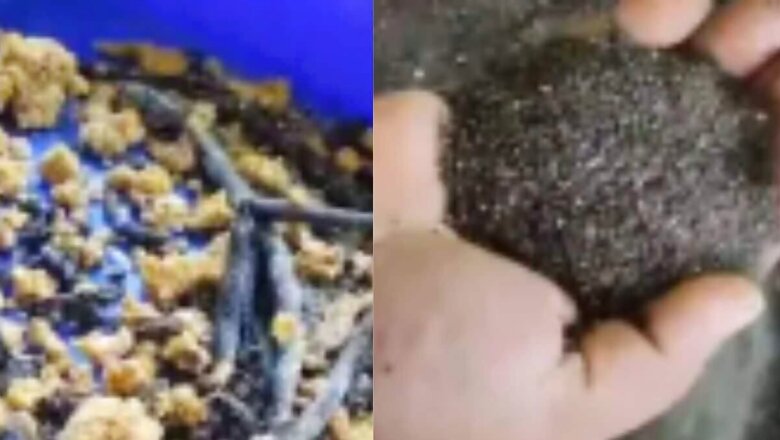
views
The extensive use of chemical fertilisers has increasingly led to toxic food products, with chemicals being introduced from the early stages of sprouting to the final stages of harvesting. This growing concern has sparked a movement toward organic farming, which uses natural fertilisers like compost and manure as safer alternatives to chemical fertilisers.
In support of this shift, the government has initiated several measures to promote organic farming. One significant step is the establishment of waste management units in gram panchayats across the country. These units are designed to process organic waste, converting it into valuable organic fertiliser that can be used to grow crops sustainably. By doing so, the government aims to reduce reliance on chemical fertilisers and encourage environmentally friendly agricultural practices.
Additionally, there are efforts to empower individuals at the household level, encouraging them to produce their fertilisers for home gardens. This not only promotes self-sufficiency but also helps reduce the demand for commercially produced chemical fertilisers.
The production of high-quality organic fertiliser from organic waste is a detailed process that requires the involvement of various microorganisms, bacteria, and worms. These organisms play a crucial role in breaking down organic matter and transforming it into nutrient-rich compost, which is beneficial for plant growth. Among these, small earthworms, also known as composting worms, are particularly effective. They can process large amounts of organic waste quickly, converting it into valuable fertiliser.
Given their vital role, these worms are carefully managed throughout the composting process. Once the fertiliser is produced, the worms are separated and provided with optimal conditions to reproduce, ensuring a steady supply for future composting efforts.
In the Dakshina Kannada district, the Ujire Gram Panchayat has taken this a step further by researching these composting worms. They have developed a brand of organic fertiliser called ‘Ujire Genya,’ which is produced using these methods and is now available for sale. This initiative offers a sustainable, eco-friendly alternative to chemical fertilisers and contributes to the local economy.



















Comments
0 comment